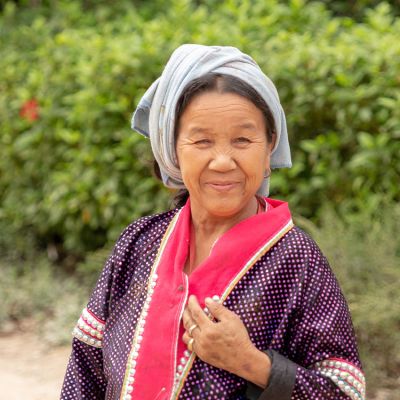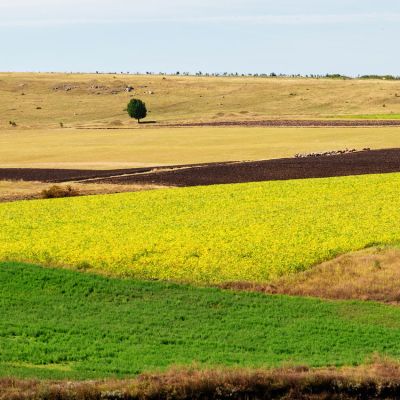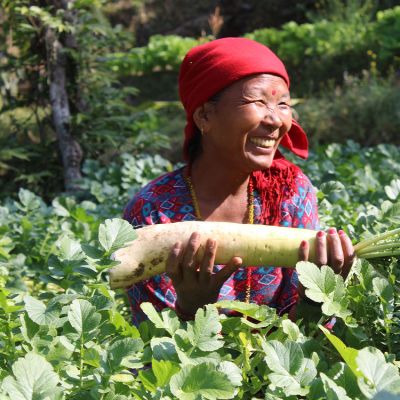Written by Janice Cheng (Pastor)
Scriptures reading:
In an agrarian society, land is a very important asset; it not only provides food for the landowner but also helps accumulate wealth. However, those without land must rely solely on their labour to obtain food, living from hand to mouth. The Israelites, who were once slaves and sojourners in Egypt, would understand the plight of the landless foreigners and the poor.
Leviticus 19:9-10 (also see Deuteronomy 24:19-22) instructs God’s people not to reap the corners of their fields or gather the fallen produce and not to harvest the grapes a second time, so that the poor may also share in the land’s bounty. Although the land is owned by the landowner, the true owner of all land is the Creator of Heaven and Earth. A god-fearing landowner understands that their role is merely to manage the land on behalf of God and is, therefore, willing to share the right to use the land.
Hong Kong, which has transformed from an industrial port into a financial hub in Asia since the 1970s, has seen its lower classes benefit from widespread education and church welfare programmes, lifting many out of poverty. Many who grew up during this period have become influential figures in the economy, moving from lower socio-economic statuses to having asset advantages in society today. However, how many are genuinely willing to share the benefits of their assets with others?
Before the Israelites entered Canaan, God had commanded Moses to teach the Israelites all the commandments about loving their neighbours so that this chosen nation would reflect God’s holiness. Leviticus shows us that sharing resources with others is not an act of charity but a social responsibility that asset owners should fulfil. For Christians, sharing with others is based on the principle of fearing God—He is the Lord of both the rich and the poor. When those who fear the Lord follow the teachings of the Bible, the world can see that He does not show favouritism because the Lord blesses both the resource owners and those who are lacking in society through them. By allowing the poor to glean the fields, they can sustain themselves with dignity, and this method of sharing by resource owners reflects a respectful attitude towards the poor, which is closer to God’s intention than mere charity.
Let’s Think
- Living in the material abundance of Hong Kong, how do we use the resources at our disposal in daily life? Are most of our everyday expenses put to good use?
- In the past decade, many different types of social enterprises have emerged, with various products and services carrying unique stories behind them. This raises the question: does our daily spending help benefit different communities?
ARTICLES OF THIS ISSUE
Written by Winnie Fung (Chief Executive) If you ask a real estate agent the three most important factors for buying a …
Written by Janice Cheng (Pastor) Scriptures reading: Leviticus 19:9-10 9 When you reap the harvest of your land, do n…
Written by Clara Chiu (Head of Partnership Development) According to the United Nations, ‘poverty entails more t…
Written by Dustin Tang (Donor Services Officer) As of September 2024, I have served in CEDAR Fund for ten years. Looki…






